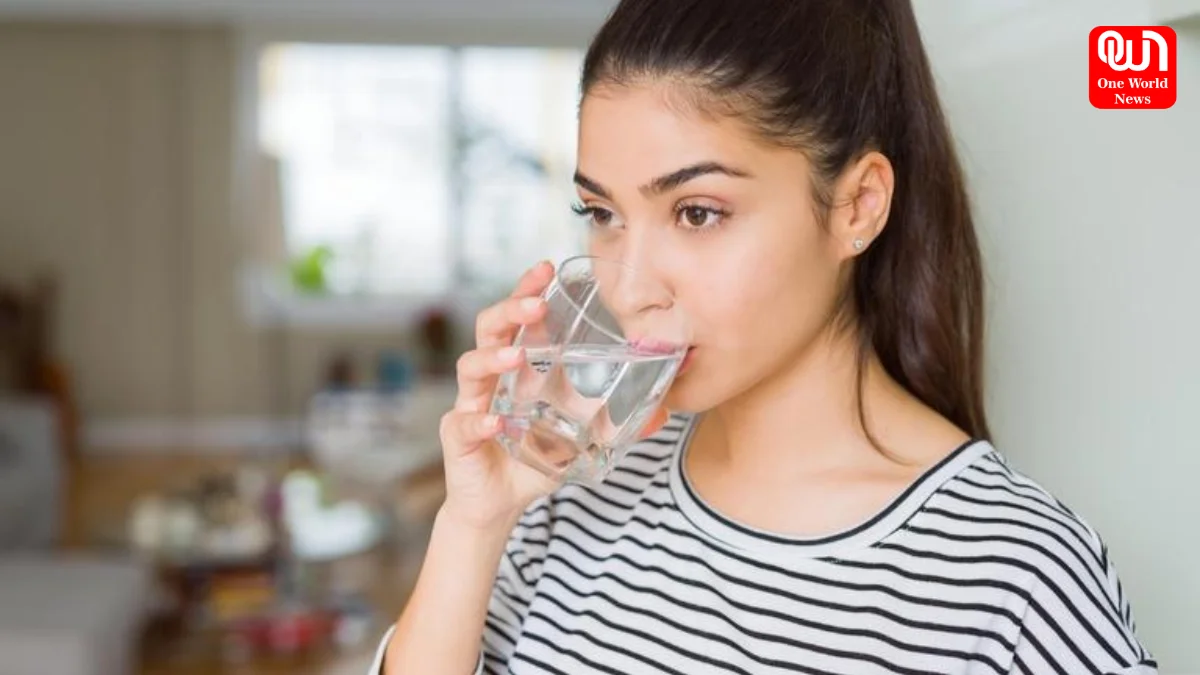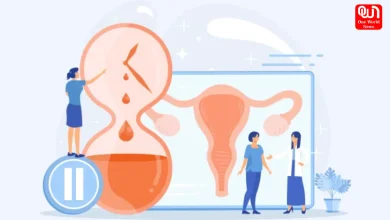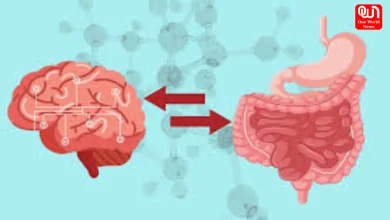Not So Refreshing? The Potential Negative Effects of Cold Water
Cold water consumption during summer may psych a person to think that he is hydrated, even though he requires warm water to hydrate properly.
Cold Water in Summer: Unseen Risks Affecting Health and Digestion
When the searing heat of summer makes people’s bodies ache for a cooling effect, the first instinct of most folks is to grab cold water and chill themselves. Chilled water indeed manages to provide temporary comfort, but it might also come along with some side effects. Knowing the side effects helps people make informed base choices about how to hydrate along the summer months.
The first major concern is that, cold as it is, water would slow down the whole digestion process in the body. Cold water makes blood vessels in the stomach get smaller, which, in turn, lowers the efficiency of the digestive enzymes. Result of reduced enzyme action implies that food digestion may take longer and leaves an after-meal feeling of discomfort and bloatedness. For some, slow digestion leads to abdominal pains and sometimes cramps or spasms, as well making the act of eating seem unpleasant.
Besides slowing the digestive process, cold water can also hinder the natural detoxification system of the body. The best working time for this system is at a warm, consistent temperature. Introducing ice-cold water could potentially shock the system, hampering nutrient absorption as the stomach has to work harder to normalize the temperature. Energy may be diverted from other important tasks, such as breaking food down properly. Thus, although an external feeling of cooling is achieved, disruption of internal processes may occur with chronic practices, leading to long-term digestive inefficiencies.
Another side effect is that the sudden intake of very cold water can stimulate the vagus nerve, which runs from the brain to the stomach. Sometimes, with this stimulation, the heart rate and blood pressure abruptly drop, which contributes to feelings of dizziness and light-headedness. The patients with either low blood pressure or any heart ailment need to be extremely careful, as these physiological changes exacerbate their diseases.
Cold water intake could lead to muscle cramps for athletes and physically active people. The rationale is that chilled liquid would cause constriction of blood vessels in the gut, thereby reducing the volume of blood supply to the muscles. Reduced circulation to muscles would more likely be associated with muscle stiffness and cramping than increase the efficiency of heat spot relieving that is popularly known to come from cold drinking. Therefore, while an ice-cold drink seems the best after vigorous exertion, it might counter-intuitively impair optimal muscle recovery.
For that matter, cold water consumption during summer may psych a person to think that he is hydrated, even though he requires warm water to hydrate properly owing to the body’s nature of instinct in such hot weather. The intestines absorb a warm water body better than cold water when a quick boost in hydration levels is needed.
According to many traditional medical systems, such as Ayurveda, drinking ice-cold water is not advocated because of the imbalance it causes with the body’s digestive fire (Agni). These old systems believe that warm or hot water helps digestion better, and this is the reason why many experts recommend sipping on water at room temperature or slightly warmer in the summer months.
Many people have a different degree of adaptability to cold water, so some people may not even suffer from any of the maladies mentioned above, but these side effects may show up magnified in sensitive individuals or under conditions of too much consumption. Moderation, and perhaps a compromise with moderately cool water as opposed to icy cold, could help avoid.
In summary, drinking cold water, when it is hot, usually relieves the person immediately; but he is not able to digest everything well, absorb all the nutrients, feel dizzy from nerve involvement, experience cramping in the muscles, or have lesser hydration levels. Considering all these aspects, if it is possible to cool, but without ice, many might find refreshing intake that lasts long, keeping the body maintain a balance inside and out.
Like this post?
Register at One World News to never miss out on videos, celeb interviews, and best reads.








